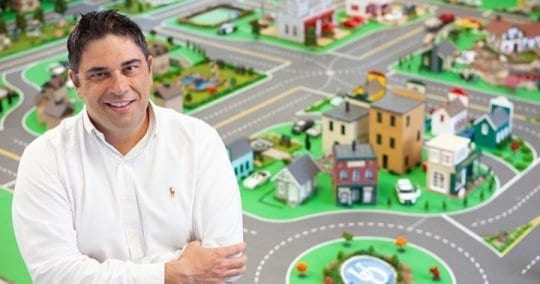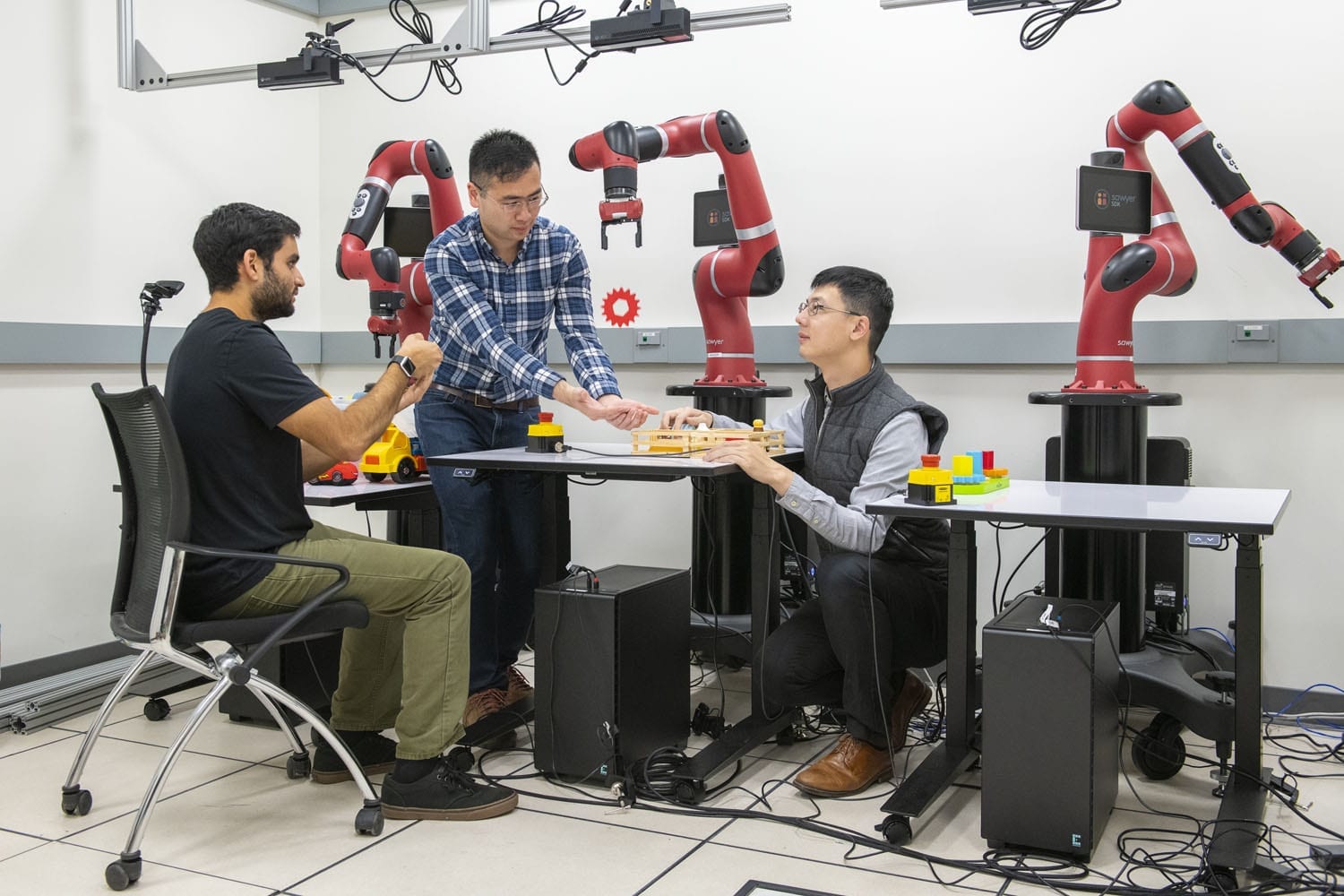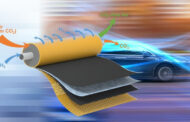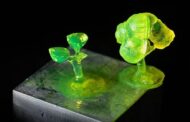
Credit: University of Delaware/ Owen Fitter
Andreas Malikopoulos tests technologies for connected and automated vehicles on a smaller scale at the University of Delaware’s Scaled Smart City (UDSSC) testbed.
Pair of studies outline innovations that will improve coordination of traffic patterns and save fuel
New driverless car technologies developed at a University of Delaware lab could lead to a world without traffic lights and speeding tickets. Researchers also hope the innovations will bring about the development of driverless cars that use 19 to 22 percent less fuel. Much of the work and testing has taken place in a “Smart City” constructed in the lab.
Imagine a daily commute that’s orderly instead of chaotic. Connected and automated vehicles could provide that relief by adjusting to driving conditions with little to no input from drivers. When the car in front of you speeds up, yours would accelerate, and when the car in front of you screeches to a halt, your car would stop, too.
At the University of Delaware, Andreas Malikopoulos uses control theory to develop algorithms that will enable this technology of the future. In two recently published papers, Malikopoulos, who was recently named the Terri Connor Kelly and John Kelly Career Development Professor of Mechanical Engineering, describes innovations in connected and automated vehicle technology pioneered in two laboratories at the University, the UD Scaled Smart City (UDSSC) testbed and a driving simulator facility.
“We are developing solutions that could enable the future of energy efficient mobility systems,” said Malikopoulos. “We hope that our technologies will help people reach their destinations more quickly and safely while conserving fuel at the same time.”
Making traffic lights obsolete
Someday cars might talk to each other to coordinate traffic patterns. Malikopoulos and collaborators from Boston University recently developed a solution to control and minimize energy consumption in connected and automated vehicles crossing an urban intersection that lacked traffic signals. Then they used software to simulate their results and found that their framework allowed connected and automated vehicles to conserve momentum and fuel while also improving travel time. The results were published in the journal Automatica.
Saving fuel and avoiding speeding tickets
Imagine that when the speed limit goes from 65 to 45 mph, your car automatically slows down. Malikopoulos and collaborators from the University of Virginia formulated a solution that yields the optimal acceleration and deceleration in a speed reduction zone, avoiding rear-end crashes. What’s more, simulations suggest that the connected vehicles use 19 to 22 percent less fuel and get to their destinations 26 to 30 percent faster than human-driven vehicles. The results of this research effort were published in IEEE Transactions on Intelligent Transportation Systems.
Learn more: New driverless car technology could make traffic lights and speeding tickets obsolete
The Latest on: Driverless car technologies
[google_news title=”” keyword=”driverless car technologies” num_posts=”10″ blurb_length=”0″ show_thumb=”left”]
via Google News
The Latest on: Driverless car technologies
- UAE: Hamdan bin Mohamed bin Zayed reviews preparations ahead of Abu Dhabi Autonomous Racing Leagueon April 26, 2024 at 9:18 pm
Sheikh Hamdan bin Mohamed bin Zayed Al Nahyan has attended the inaugural edition of Abu Dhabi Mobility Week at Yas Marina Circuit.
- Bills aimed at closing traffic ticket loophole for driverless cars get initial green lighton April 26, 2024 at 9:04 am
A pair of bills that aim, in part, to close a loophole prohibiting autonomous vehicles from getting traffic tickets cleared major hurdles in the California legislature this week.
- Dude Trolls Self-Driving Car By Wearing a Stop Sign T-Shirton April 25, 2024 at 1:00 pm
Jason Carr, a digital creator who describes himself as an “ebike propagandist,” highlighted one such kink in a recent video, in which he sported a T-shirt with a stop sign printed on it in an effort ...
- Mercedes Is Selling Level 3 Autonomous Cars To US Consumerson April 25, 2024 at 10:00 am
Thanks to a new report, everyone has learned that Mercedes-Benz has started selling SAE Level 3 autonomous cars to consumers in the United States. While the numbers of those vehicles are apparently ...
- Driverless cars tested on Atlanta streets as Georgia Tech researches technologyon April 23, 2024 at 3:58 pm
ATLANTA - Waymo, a self-driving tech company, is testing its vehicles on the streets of Atlanta. The California-based company introduced its fleet to the city on April 16. Don't expect to look over in ...
- Mercedes-Benz becomes first automaker to sell Level 3 autonomous vehicles in the USon April 23, 2024 at 3:15 am
Mercedes' Level 3-enabled cars went on sale in December, though they are only able to be legally sold in California and Nevada, writes Fortune. The two ...
- Driverless Vehicle Technology Redefines Travel For A Blind World Championship Roweron April 22, 2024 at 1:58 pm
Pearl’s condition, called Retinitis Pigmentosa, prevents her from owning a driver’s license – limiting her ability to travel around or outside her home town, due to ...
- Seyond’s High-Performance LiDAR Technology Powers the Future of Autonomous Racingon April 18, 2024 at 2:07 am
This year, the spotlight shines bright on the advanced capabilities of our flagship product, the Falcon K LiDAR sensor, which has been integrated into all of the competing vehicles. Designed to ...
- Driverless carson April 13, 2024 at 5:00 pm
A technology company has been testing autonomous buses on the streets of the South Korean capital. The scheme will aim to develop methods of approving and certifying self-driving cars. The trial ...
via Bing News







